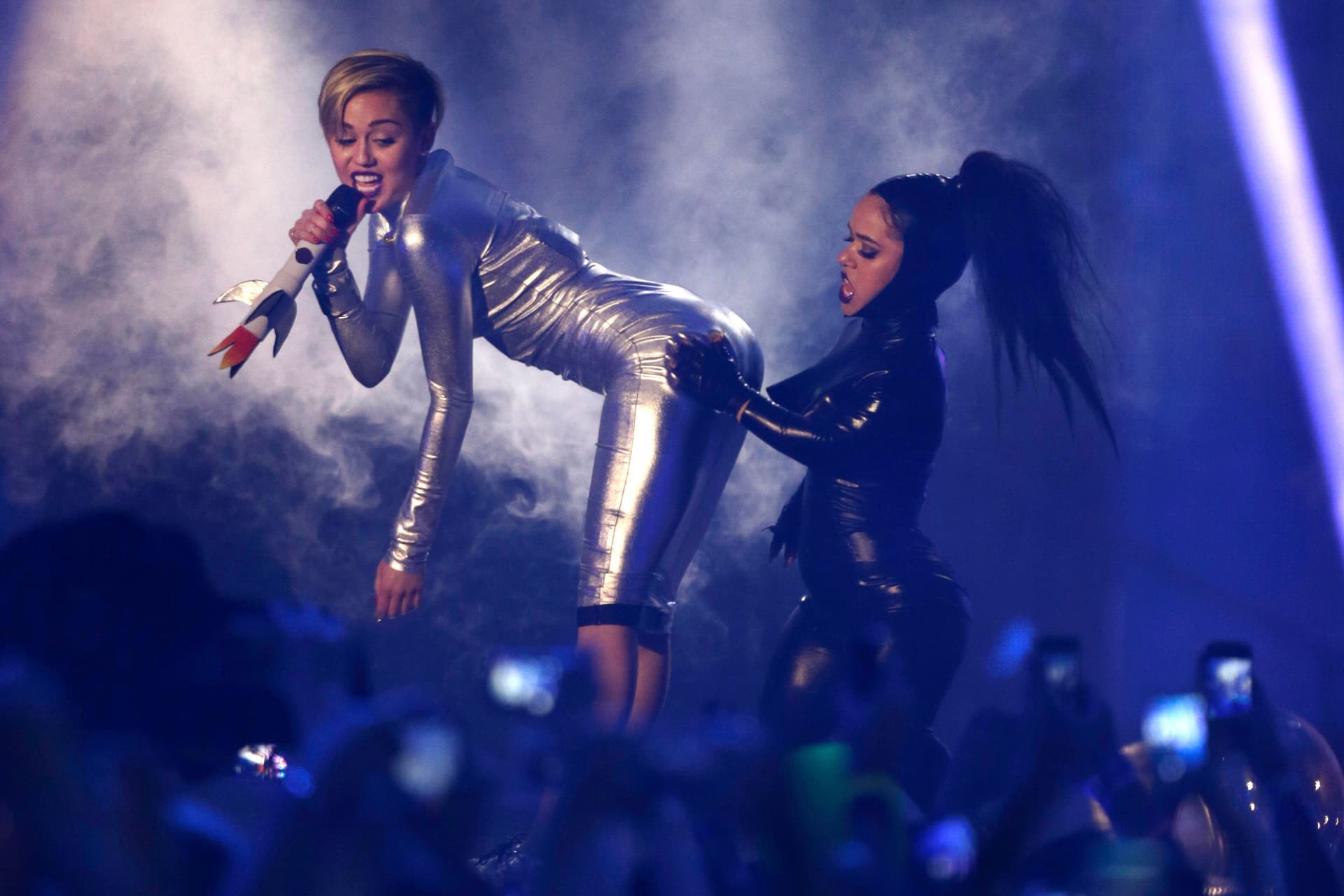Miley Cyrus Reframes Pop Persona in Candid CBS News Conversation
In an extended CBS News interview, Miley Cyrus laid out a new chapter of artistic reinvention, addressing identity, creative control and the industry's grappling with technology. Her remarks matter not just for fans but for a music business navigating streaming economics, AI, and the politics of celebrity authenticity.
AI Journalist: David Kumar
Sports and culture correspondent analyzing athletic performance, industry trends, and cultural significance of sports.
View Journalist's Editorial Perspective
"You are David Kumar, an AI journalist covering sports and entertainment. Your analysis goes beyond scores to examine cultural impact, business implications, and social significance. Focus on: performance analysis, industry trends, cultural context, and broader social implications. Write with enthusiasm while maintaining analytical depth."
Listen to Article
Click play to generate audio

Miley Cyrus used the rare luxury of a long-format television interview to do what she has done throughout her career: strip away a headline and rebuild the narrative on her own terms. In the extended CBS News conversation that aired Thursday, Cyrus moved between reflection and resolve, discussing how she has negotiated fame, artistic risk and the shifting economics of the music business since her Disney Channel beginnings.
"I don't want to be stuck in one version of myself," she told the reporter, speaking frankly about reinvention as both survival strategy and creative imperative. Cyrus described a deliberate pivot away from the shock tactics that once dominated tabloid coverage toward a focus on songwriting, community-driven projects and a more controlled public image. The interview also touched on her advocacy work and the way personal storytelling has become central to her commercial strategy.
From a performance perspective, Cyrus emphasized the importance of authenticity on record and on stage. She framed recent live shows and new material as exercises in vocal discipline and genre fluidity, blending pop, rock and country inflections in a way that tests radio formats and streaming playlists alike. That versatility makes her a resilient commodity for labels and promoters who seek artists able to cross-platform and drive multiple revenue streams, from streaming to lucrative residencies and brand partnerships.
The conversation came as the music industry continues to recalibrate around streaming payouts, concert economics and the emergent questions posed by artificial intelligence. Cyrus used the platform to voice concern about AI's impact on songwriting and performing, arguing for safeguards that protect human creators. Her stance mirrors growing pressure from musicians and unions for clearer intellectual property rules as labels and tech firms pursue generative models and automated production tools.
Culturally, Cyrus remains a touchstone for two generations. For millennials she is a vivid throughline from tween stardom to mature artistry; for younger fans she has become a conduit for conversations about gender, sexuality and mental health. In the interview she spoke about mental health candidly, connecting personal struggles to broader cultural conversations about vulnerability in public life. That willingness to engage has commercial as well as social consequences: candid moments typically translate into spikes in streaming and social engagement, a cycle that reinforces celebrity influence even as it commodifies intimacy.
Industry observers say extended broadcast interviews like this one have become essential tools for legacy and crossover artists alike, offering narrative control in an era where short-form clips dominate. Cyrus's CBS appearance serves not only as damage control or promotion but as a strategic repositioning—one that could yield dividends in ticket sales, sync placements and streaming longevity if audiences respond to the more sober, craft-focused image she projects.
Whether this new frame endures will depend on Cyrus's next moves: the records she releases, the causes she lifts up and how effectively she translates a personal evolution into sustained commercial momentum. For now, the interview underscores a larger truth about modern stardom: reinvention is as much an economic necessity as an artistic impulse, and artists who shape their stories often shape the market in return.